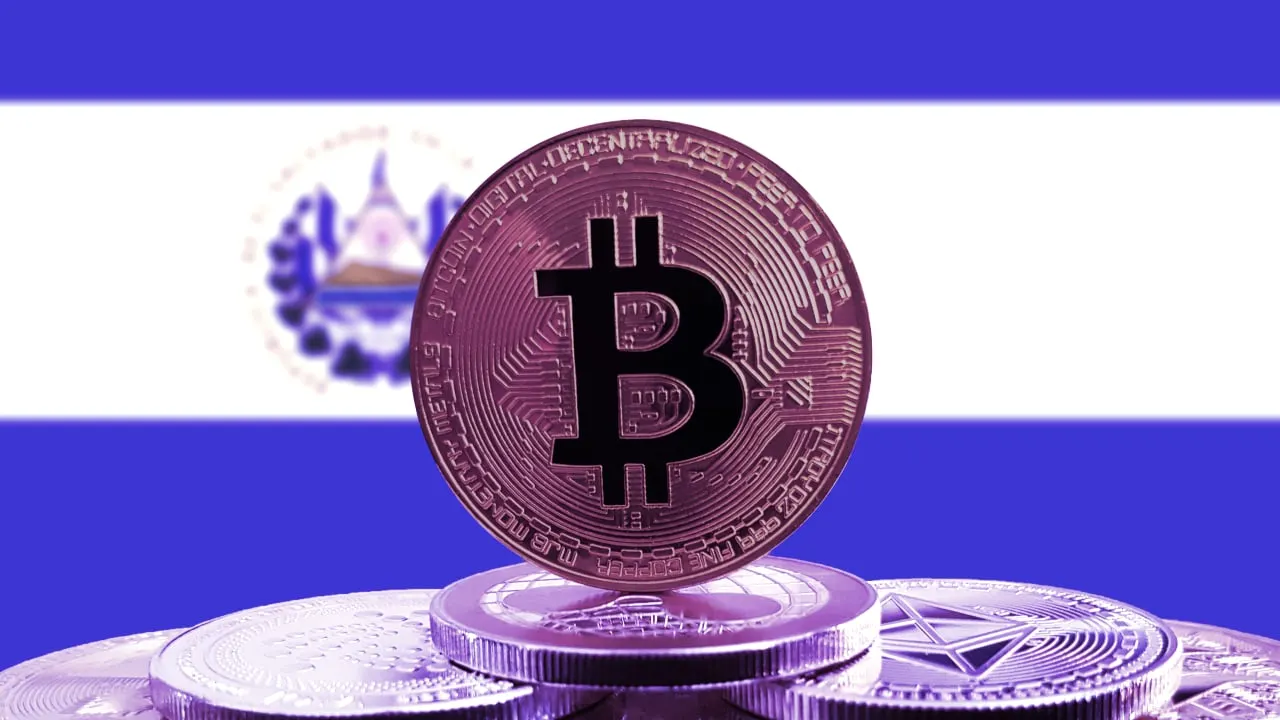The ongoing crypto market crash poses an "extremely minimal" fiscal risk to El Salvador, which has purchased millions in Bitcoin for its treasury, the country's finance minister said on Monday.
"When they tell me that the fiscal risk for El Salvador because of Bitcoin is really high, the only thing I can do is smile," El Salvador's finance minister Alejandro Zelaya said at a press conference, per a Deutsche Welle report.
He added that, “any serious economist should feel the same because it is really a very superficial analysis and they speak only from ignorance," adding "the fiscal risk is extremely minimal".
The market value of Bitcoin acquired by the government of El Salvador since last year has plunged from approximately $103 million to some $50 million as of today.
El Salvador became the first country to make Bitcoin legal tender last September, brushing aside sharp criticism from the International Monetary Fund (IMF). Since then the Central American nation acquired a total of 2,301 Bitcoin, spending $103 million across ten purchases.
The last time El Salvador bought Bitcoin was on May 9, when President Nayib Bukele said the government purchased another 500 BTC during the market’s decline. That purchase, worth roughly $15.3 million at the time, is now worth around $10 million.
Since then, the price of Bitcoin plunged by more than 26% from above $30,000 to $22,220 at the time of writing.
No sale, no loss
During the press conference, Zelaya also cited Deutsche Welle’s earlier estimate that El Salvador’s Bitcoin portfolio had lost some $40 million in value, based on the cryptocurrency's price on Monday.
"I have said it repeatedly: an alleged loss of $40 million has not occurred because we have not sold the coins," said Zelaya.
"Forty million dollars does not even represent 0.5% of our national general budget," he added, per a Reuters report.
The minister also directed some harsh words at the IMF, which has repeatedly urged El Salvador to ditch its Bitcoin law, and took aim at the mainstream media for their alleged one-sided reporting of the country's adoption of Bitcoin.
"There is a clear criticism of Bitcoin as such, not of El Salvador's strategy,” said Zelaya, adding that “there is a lot of excitement lately with our Bitcoin strategy.”
According to the minister, the media “are not interested in what happens with our economy, they are not interested in what happens with our people, what happens with inflation."
U.S. lawmakers have also taken aim at El Salvador's Bitcoin ambitions, with bills currently working their way through the Senate and House aimed at protecting the U.S. economy from President Bukele's “careless gamble.”

